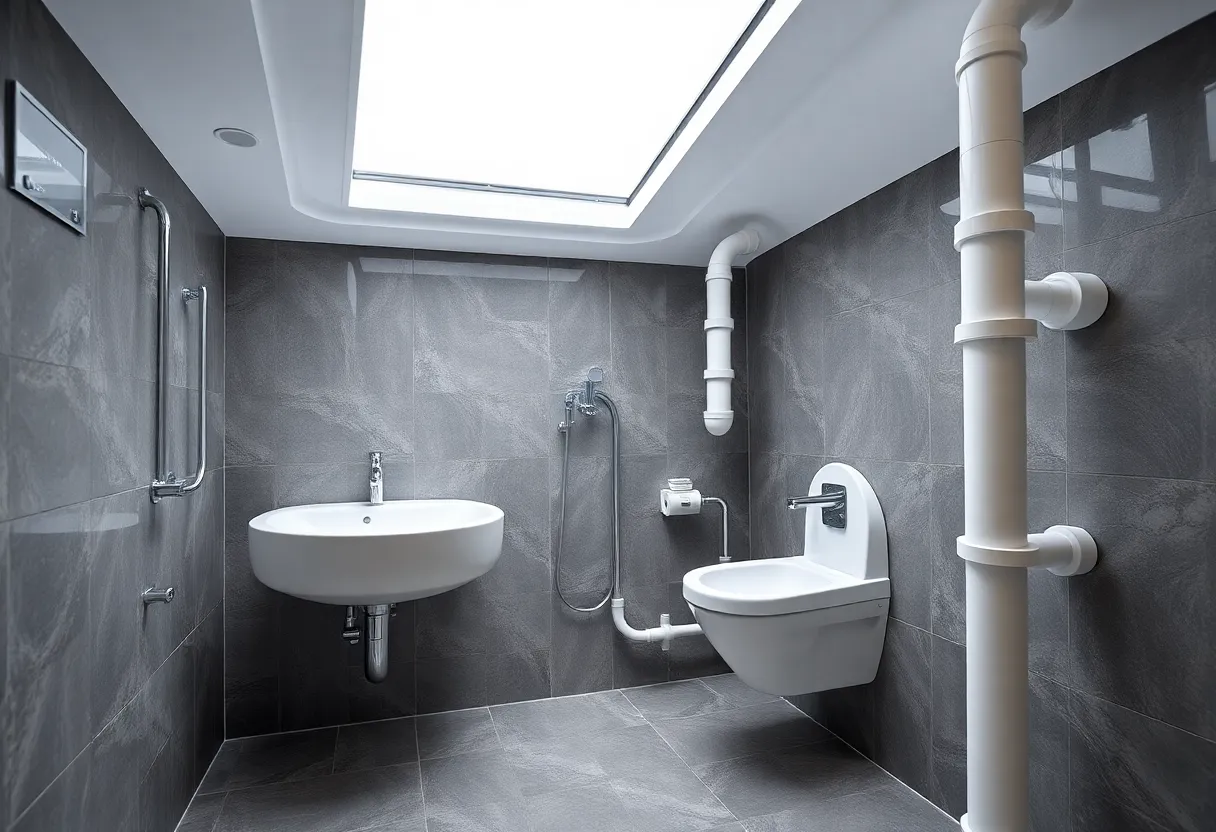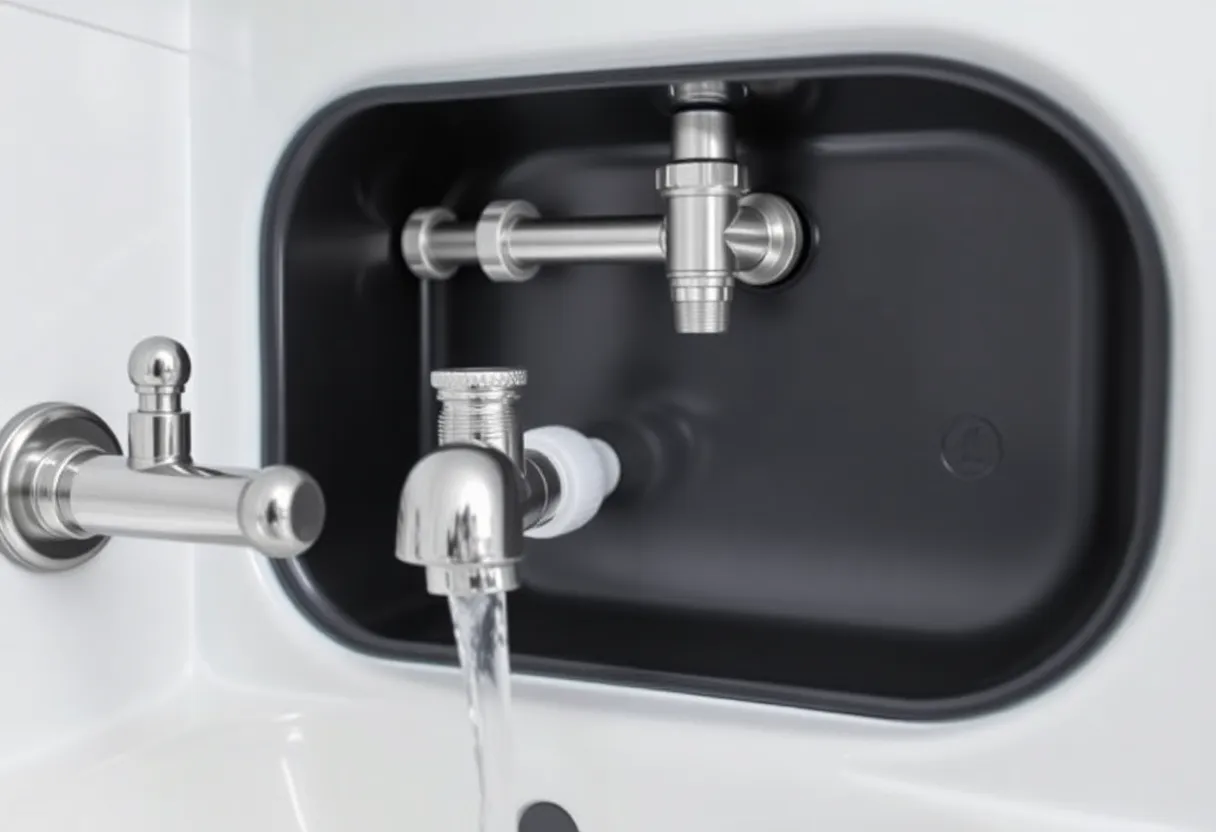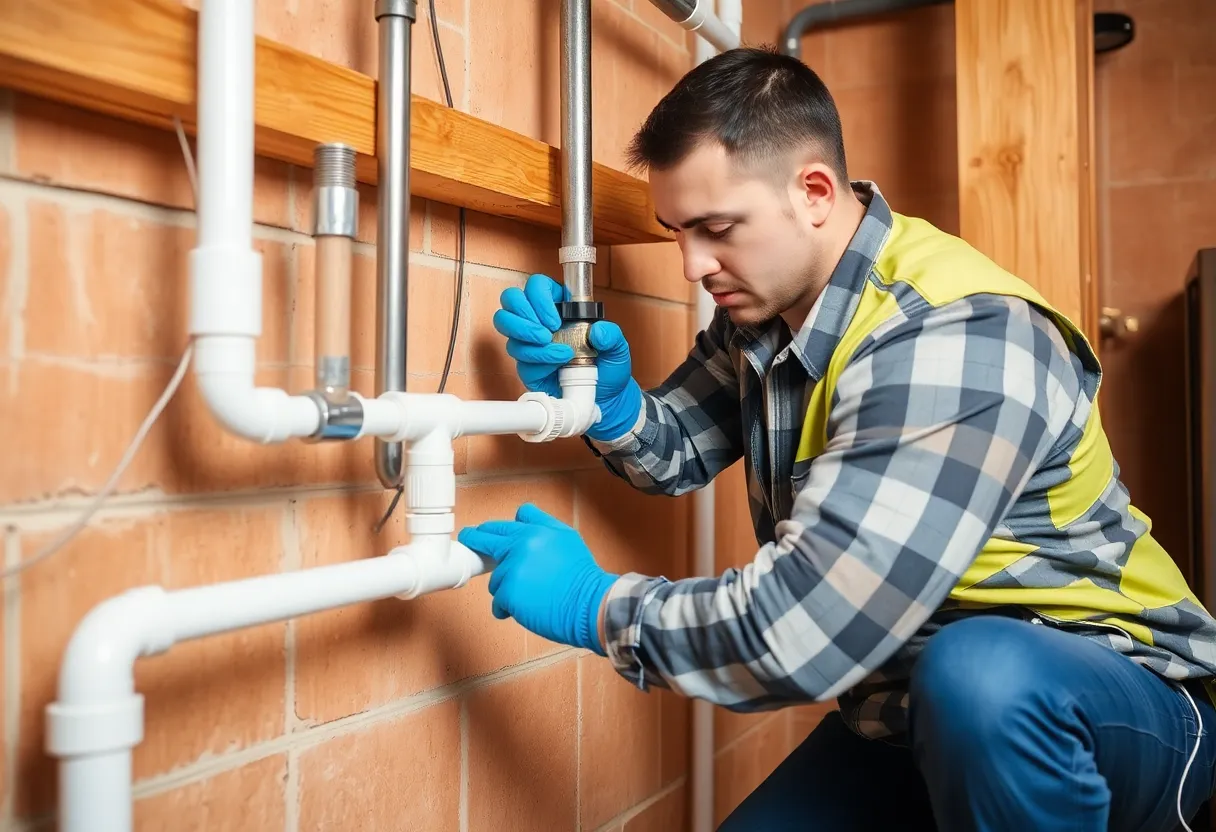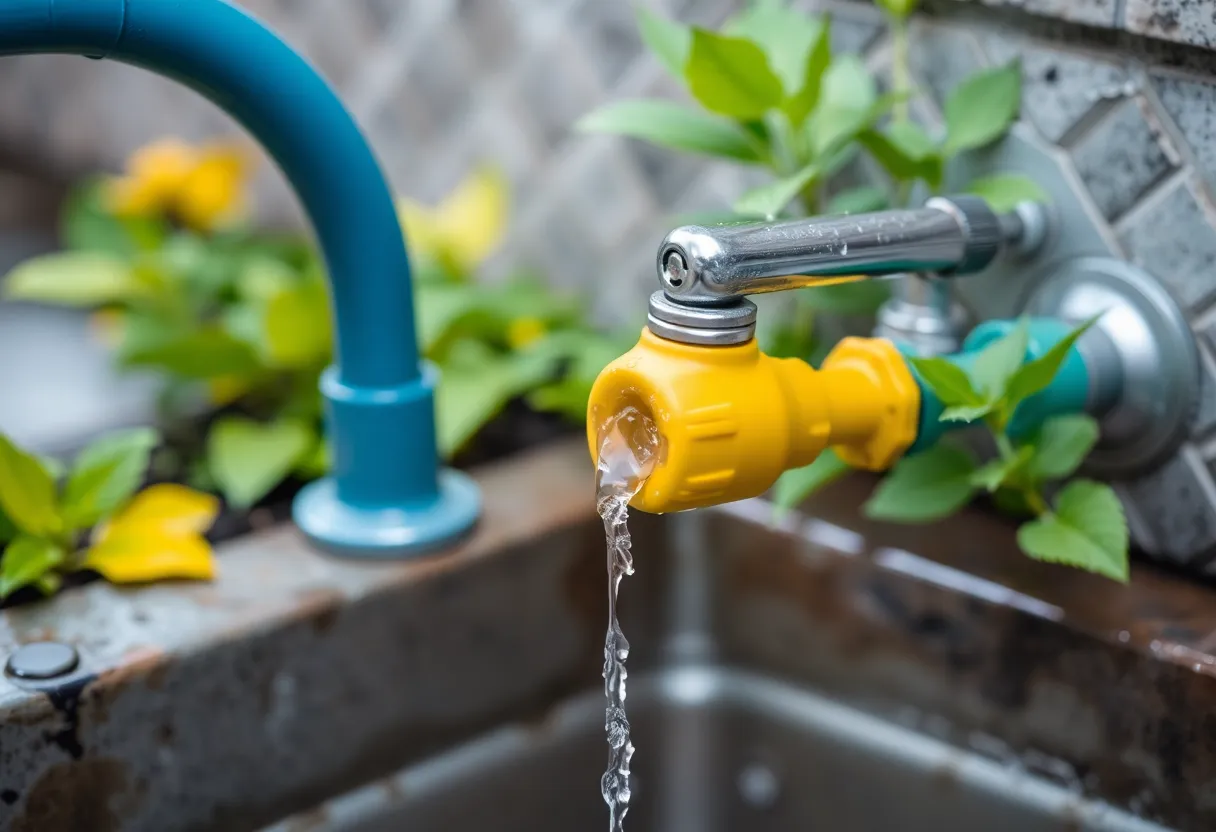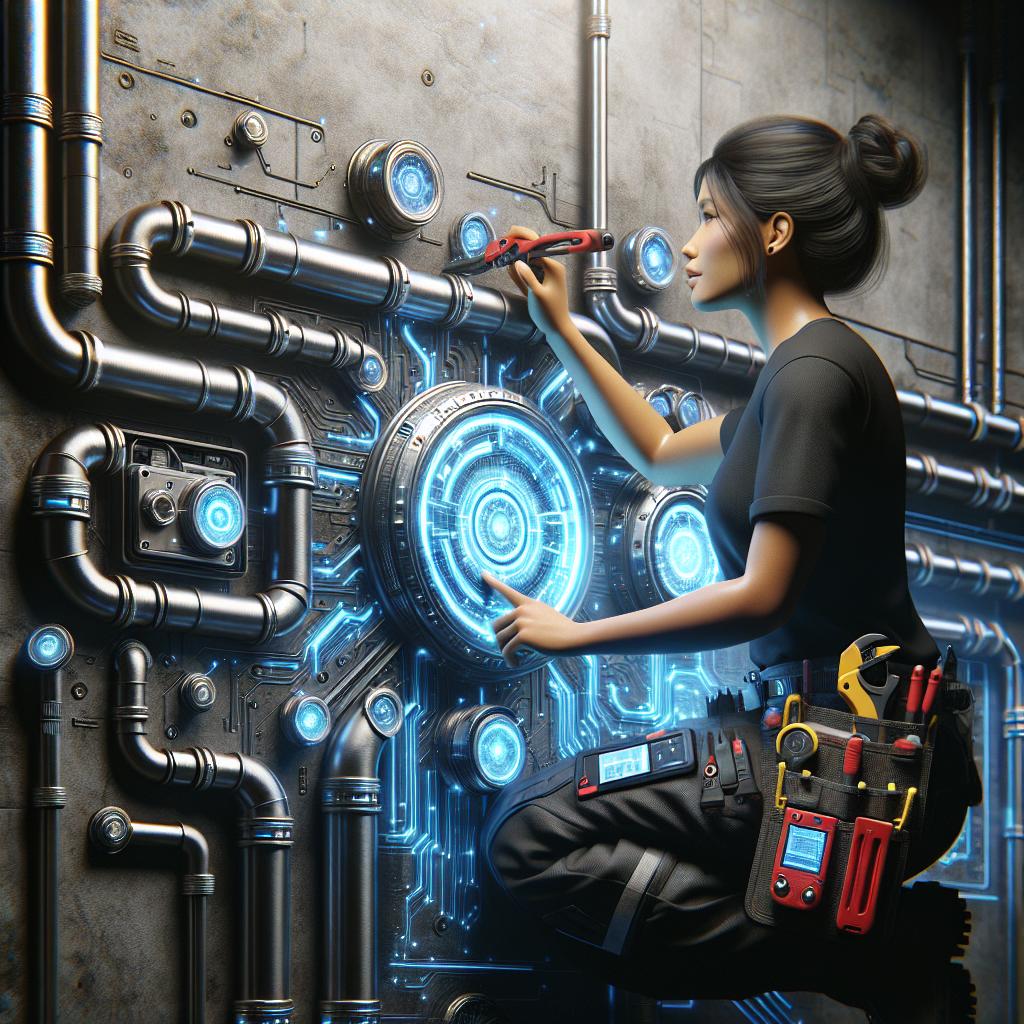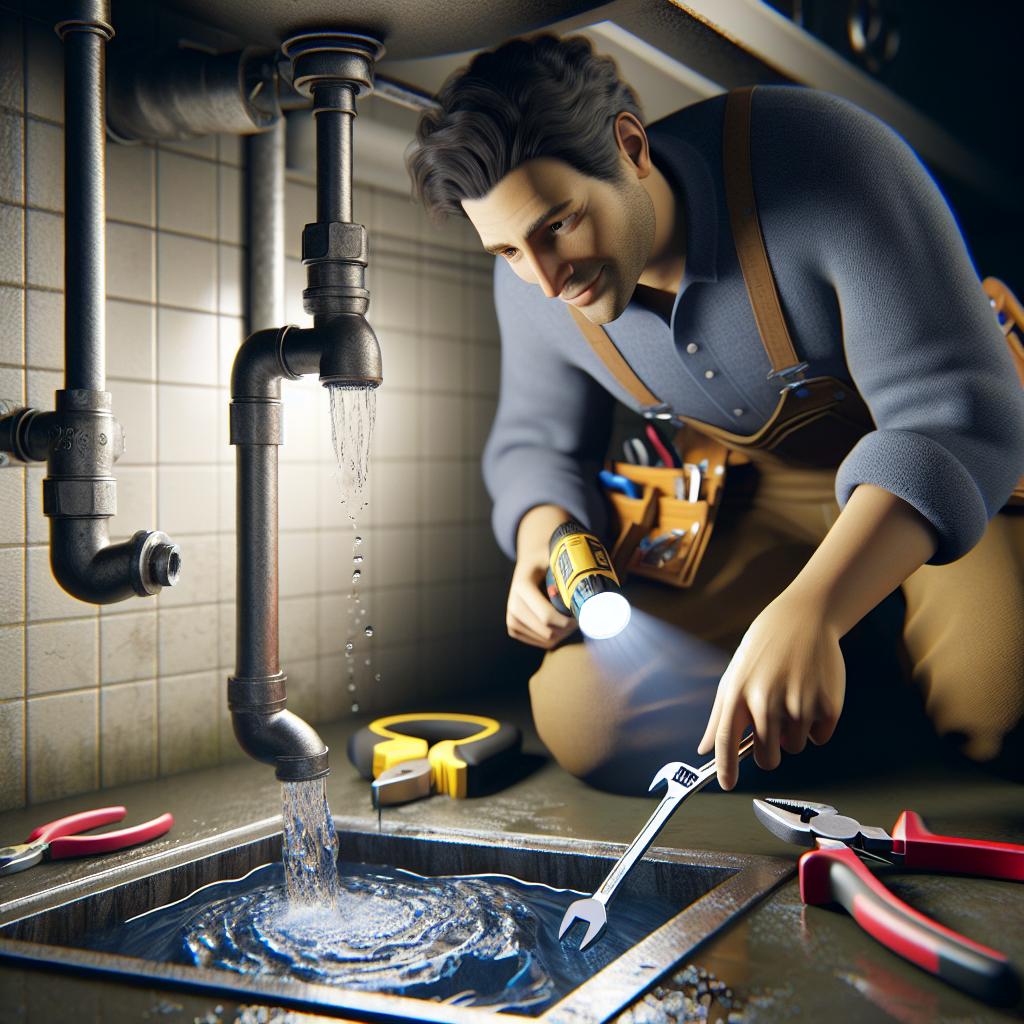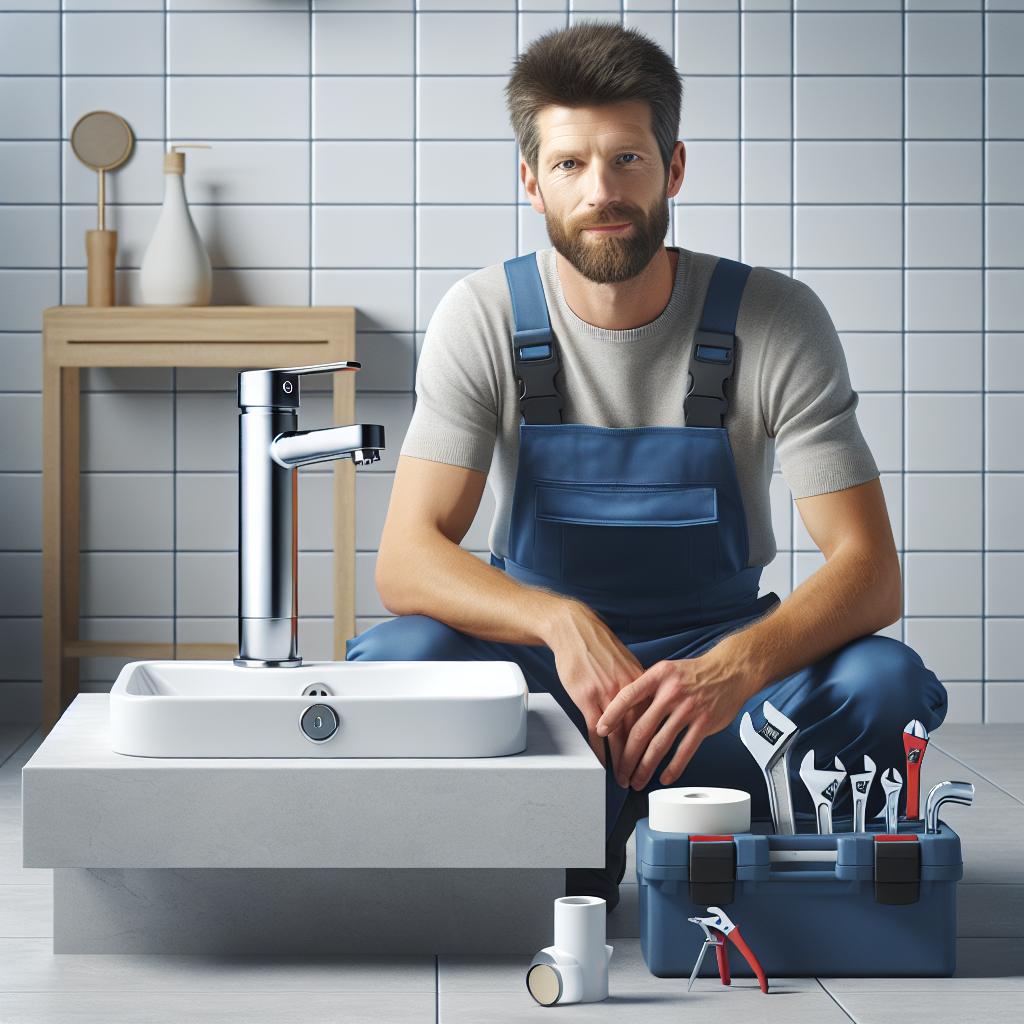Plumbing Trends 2025: 7 Futuristic Solutions to Optimize Your Home’s Water Efficiency
As we step into a new era of technological advancements, the way we view and manage plumbing within our homes is rapidly evolving. With a growing emphasis on sustainability and environmental stewardship, homeowners are now more interested than ever in optimizing their water efficiency. The innovations on the horizon for 2025 promise to revolutionize how we use water, leading to reduced waste and improved conservation efforts. In this article, we will explore seven futuristic plumbing solutions designed to maximize your home’s water efficiency.
1. Smart Water Meters
One of the most significant advancements coming to plumbing in 2025 is the emergence of smart water meters. These devices allow homeowners to monitor their water usage in real-time through mobile applications or online dashboards. By providing detailed insights into water consumption patterns, smart water meters enable users to identify areas where they can cut back on usage and enhance water conservation strategies.
How Smart Water Meters Work
Smart water meters use advanced technology to track the volume of water passing through your plumbing system. They utilize IoT (Internet of Things) technology to provide updates directly to homeowners. Users can access data at their convenience, making necessary adjustments to their behaviors and routines to promote greater efficiency.
Benefits of Smart Water Meters
- Real-time monitoring: Provides immediate feedback on water use.
- Leak detection: Alerts homeowners to potential leaks that may go unnoticed.
- Cost savings: Helps reduce overall water bills by promoting efficient usage patterns.
2. Greywater Recycling Systems
Another innovative solution poised to make waves in the plumbing sector is the implementation of greywater recycling systems. Greywater refers to used water from showers, sinks, and washing machines—essentially anything that isn’t contaminated by human waste. By recycling this water, homeowners can significantly reduce their reliance on fresh water for non-potable applications such as irrigation and toilet flushing.
How Greywater Systems Function
Greywater recycling systems treat and filter wastewater before redistributing it for secondary uses. The process typically involves:
- Collection of greywater through your home’s drainage system.
- Filtration and treatment to remove contaminants.
- Storage for reuse in irrigation and plumbing fixtures.
Advantages of Greywater Recycling Systems
- Resource conservation: Decreases reliance on potable water sources.
- Cost-effective: Reduces water bills through the reutilization of greywater.
- Environmental benefits: Lessens the pressure on local water supplies and treatment facilities.
3. Tankless Water Heaters
In terms of energy efficiency and water conservation, tankless water heaters are paving the way for the future. Unlike traditional water heaters that store large quantities of hot water for immediate use, tankless systems heat water on demand. This means you only use energy and water when you need it, leading to significant efficiency improvements.
How Tankless Water Heaters Work
Tankless water heaters operate by utilizing powerful heating elements that quickly warm the water as it flows through the unit. This method of heating eliminates the need to keep a storage tank filled with heated water, making it a more environmentally-friendly option.
Benefits of Tankless Water Heaters
- Energy efficiency: Use less energy, translating into lower utility costs.
- Endless hot water: No running out of hot water during a busy morning.
- Space-saving: Require less physical space compared to bulky traditional units.
4. Water-Saving Fixtures
As plumbing technology advances, so too do the fixtures designed to optimize water efficiency. Innovative water-saving fixtures, like low-flow faucets and showerheads, are being designed with new technologies that reduce water usage without sacrificing performance.
Types of Water-Saving Fixtures
Some popular types of water-saving fixtures include:
- Low-flow faucets: Reduce the volume of water dispensed without compromising water pressure.
- Dual-flush toilets: Offer two different flushing options, allowing users to save water based on the waste type.
- Smart showerheads: Adjust water flow and temperature based on user preferences, promoting more efficient water use.
Advantages of Water-Saving Fixtures
- Substantial savings: Reduce overall water consumption, resulting in lower bills.
- Environmental impact: Less water waste contributes to conservation efforts.
- Enhanced technology: Provide a modern, sleek aesthetic to improve your home’s appearance.
5. Rainwater Harvesting Systems
In regions where rainfall is abundant, rainwater harvesting systems offer an innovative way to capture and utilize water for household purposes. This eco-friendly approach utilizes collected rainwater for irrigation, toilet flushing, and even non-potable household tasks.
How Rainwater Harvesting Works
Rainwater harvesting systems typically consist of:
- Collection surfaces: Roofs or specially designed catchment areas capture rainwater.
- Storage tanks: Includes cisterns or barrels where collected water is stored.
- Distribution systems: Transfer water throughout the home for various applications.
Benefits of Rainwater Harvesting Systems
- Water availability: Reduces reliance on municipal water supply, especially during drought conditions.
- Cost savings: Decreases water bills by using free, natural rainwater.
- Environmental awareness: Promotes responsible resource use and mitigates stormwater runoff.
6. Leak Detection Technology
Preventing water wastage due to undetected leaks is essential for optimizing overall water efficiency. Leak detection technology is a burgeoning trend set to gain traction in the plumbing industry by 2025. This technology consists of sophisticated sensors that detect leaks in real time, sending alerts to homeowners or property managers.
How Leak Detection Technology Works
Leak detection systems utilize sensors placed throughout your plumbing network to monitor water flow and pressure. If they detect irregularities, such as unexpected drops in pressure or continuous flow in idle pipes, users receive immediate notifications, allowing for timely repairs.
Advantages of Leak Detection Technology
- Immediate alerts: Reduces property damage and costly repairs by addressing leaks quickly.
- Water conservation: Prevents further wastage from undetected leaks.
- Peace of mind: Homeowners can relax, knowing they have proactive measures to guard against leaks.
7. Advanced Water Filtration Systems
As concerns grow regarding water quality, the demand for advanced water filtration systems is on the rise. These modern systems promise to deliver cleaner water for drinking and domestic use while maximizing water efficiency. While traditional filters can remove contaminants, new technologies improve purity and minimize water loss during the filtration process.
Types of Advanced Water Filtration Systems
- Reverse osmosis systems: Use a semi-permeable membrane to remove impurities and contaminants.
- Ultraviolet (UV) filtration: Utilizes UV light to neutralize harmful microorganisms without chemicals.
- Activated carbon filters: Efficiently remove chlorine, sediment, and other pollutants.
Benefits of Advanced Water Filtration Systems
- Healthier water: Provides cleaner, safer drinking water for families.
- Efficiency: Less water wasted during the purification process compared to traditional systems.
- Versatility: Filters can be installed for different uses, including under sinks, at faucets, or throughout the entire home.
Conclusion
As we approach 2025, the plumbing landscape is likely to witness transformative changes that focus on sustainability and water efficiency. Homeowners have the opportunity to embrace these futuristic solutions to not only conserve water but also to enhance their overall quality of life. By integrating technologies such as smart water meters, greywater recycling systems, and advanced leak detection, individuals can take charge of their water needs while contributing positively to environmental preservation.
Investing in modern plumbing solutions enables homeowners to reap both immediate benefits and long-term savings—ushering in a new era of responsible water usage and sustainability. In the end, the future of plumbing is not just about pipes and faucets; it’s about creating a harmonious relationship between our homes and the planet.




